Request PDF | The biorefinery concept: Using biomass instead of oil for producing energy and chemicals | A great fraction of worldwide energy carriers and material products come from fossil fuel ...
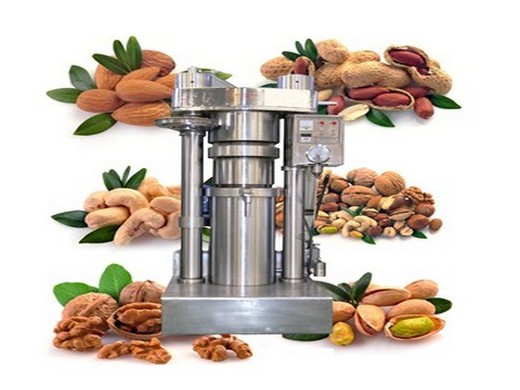
Cherubini F (2010) The biorefinery concept: using biomass instead of oil for producing energy and chemicals. Energy Convers Manag 51(7):1412–1421 CrossRef Google Scholar Clark JH, Deswarte FEI, Farmer TJ (2009) The integration of green chemistry into future biorefineries.
Get Price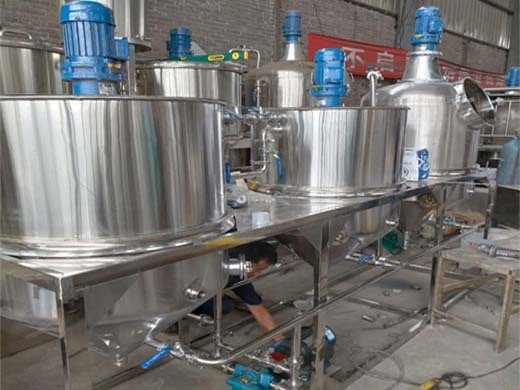
Read "Coupled production of single cell oil as biodiesel feedstock, xylitol and xylanase from sugarcane bagasse in a biorefinery concept using fungi from the tropical mangrove wetlands, Bioresource Technology" on DeepDyve, the largest online rental service for scholarly research with thousands of academic publications available at your fingertips.
Get Price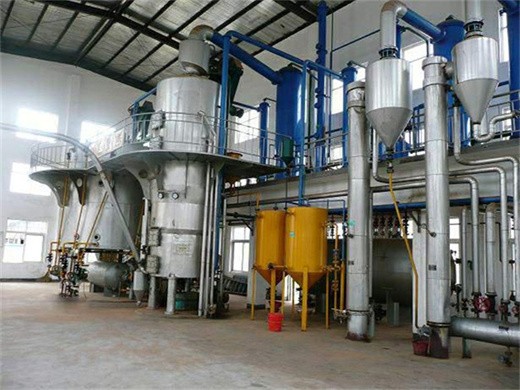
Cherubini, F. (2010) The Biorefinery Concept Using Biomass Instead of Oil for Producing Energy and Chemicals. Energy Conversion and Management, 51, 1412-1421.
Get Price
Biorenery Concepts in Comparison to Petrochemical Reneries 7 A biorefinery should produce a spectrum of marketable products and energy. The products can be both intermediates and final products, and include food, feed, materials, and chemicals; whereas energy includes fuels, power, and/or heat.
Get Price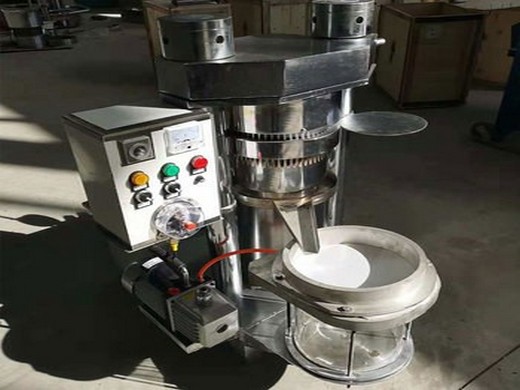
This paper provides a description of the emerging biorefinery concept, in comparison with the current oil refinery. The focus is on the state of the art in biofuel and biochemical production, as ...
Get Price
The idea of using biomass or its derivatives as the feedstock to produce fuels and chemicals is known as biorefinery. It is considered to be complementary to the current petroleum-based refinery, and in the long run it could become a substitute for the same. Basically, it is a reemerging concept that had been ignored for a long time due to its ...
Get Price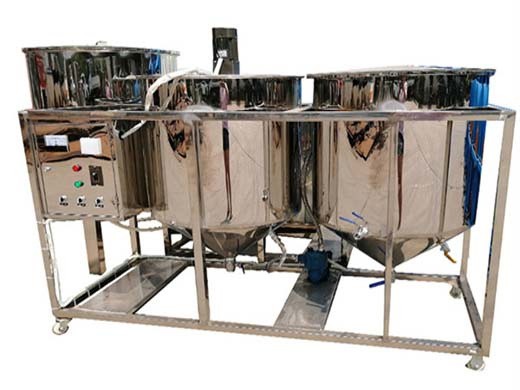
CFD Modeling and Operation Strategies for Hetero-/Homogeneous Combustion of Methane-Air Mixtures in Catalytic Microreactors Using Detailed Chemical Kinetics; Biorefinery for the Production of Biodiesel, Hydrogen and Synthesis Gas Integrated with CHP from Oil Palm in Malaysia
Get Price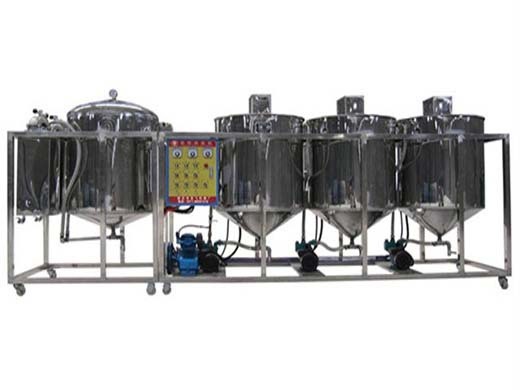
‘Biorefinery’ is a buzzword for a cool technological space that draws from GreenTech, Industrial Biotech and SynBio. The core concept behind it is relatively simple: these plants mimic the traditional petroleum refinery, but using biomass instead. This initiative aims to help us meet energy needs while reducing the massive greenhouse gas ...
Get Price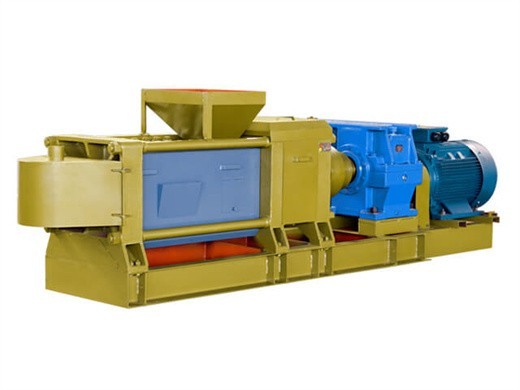
In biorefinery, almost all the types of biomass feedstocks can be converted to different classes of biofuels and biochemicals through jointly applied conversion technologies. This paper provides a description of the emerging biorefinery concept, in comparison with the current oil refinery.
Get Price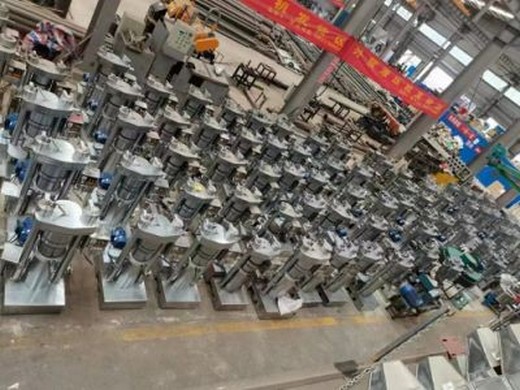
Request PDF The biorefinery concept: Using biomass instead of oil for producing energy and chemicals A great fraction of worldwide energy carriers and material products come from fossil fuel
Get Price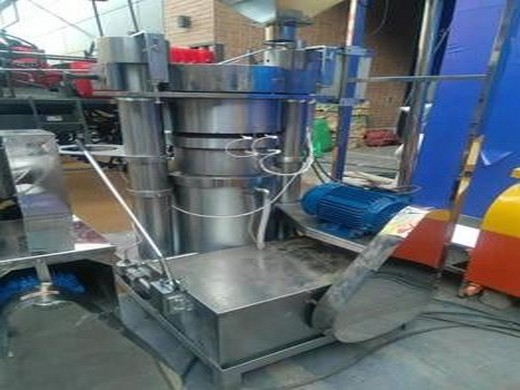
26-3-2017· The efficient and flexible use of biomass and the innovative technologies will be discussed as a biorefinery concept . The “raw” biomass, its transformation, and the further conversion into energy and coproducts are considered, aiming to achieve sustainable proposals and maximum valorization.
Get Price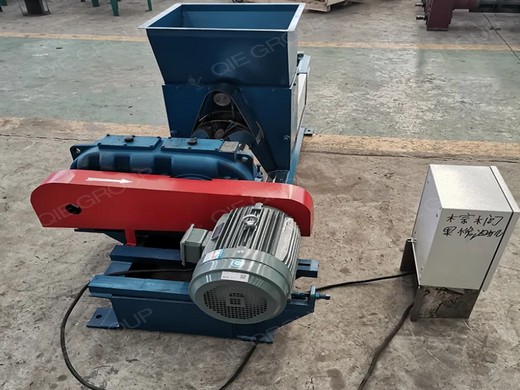
A biorefinery is a refinery that converts biomass to energy and other beneficial byproducts (such as chemicals). The International Energy Agency Bioenergy Task 42 defined biorefining as "the sustainable processing of biomass into a spectrum of bio-based products (food, feed, chemicals, materials) and bioenergy (biofuels, power and/or heat)" .
Get Price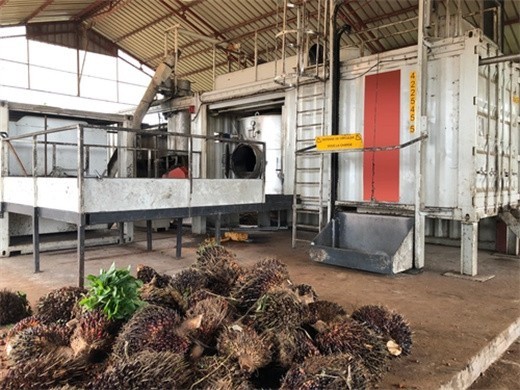
Cherubini, F. (2010) The Biorefinery Concept Using Biomass Instead of Oil for Producing Energy and Chemicals. Energy Conversion and Management, 51, 1412-1421.
Get Price
This paper provides a description of the emerging biorefinery concept, in comparison with the current oil refinery. The focus is on the state of the art in biofuel and biochemical production, as well as discussion of the most important biomass feedstocks, conversion technologies and final products.
Get Price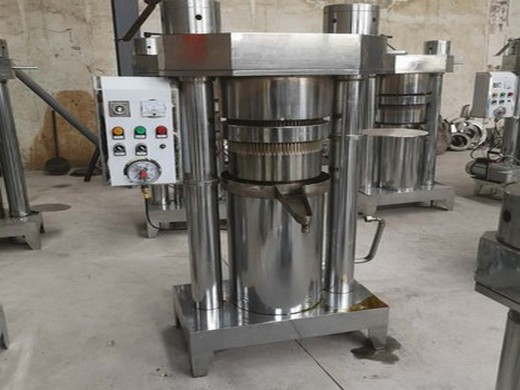
Green Chemistry and the Biorefinery Concept. where instead of using oil, biomass is fractionated into a suite of products [6,13, 14]. When biomass and crude oil are compared,
Get Price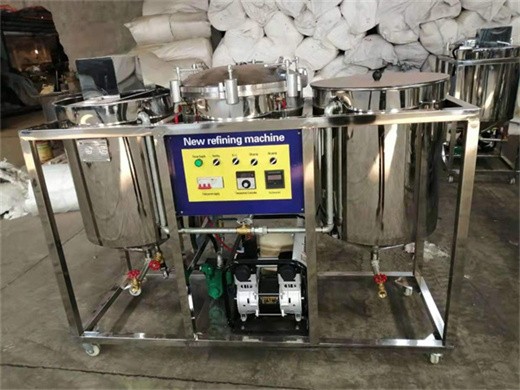
Biorenery Concepts in Comparison to Petrochemical Reneries 7 A biorefinery should produce a spectrum of marketable products and energy. The products can be both intermediates and final products, and include food, feed, materials, and chemicals; whereas energy includes fuels, power, and/or heat.
Get Price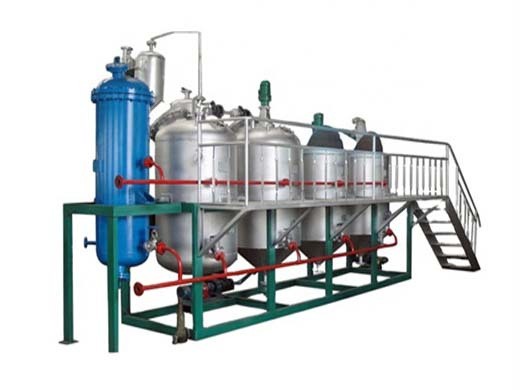
The use of different residues derived from olive tree cultivation and olive oil extraction, including waste streams, such as wastewater, olive leaves, or olive stones, in a single installation gives rise to the concept of multifeedstock and multiproduct biorefinery.
Get Price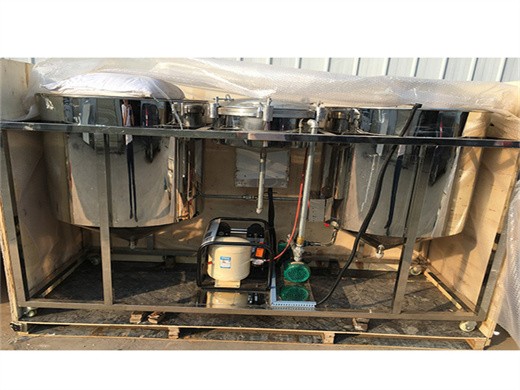
A techno-economic and environmental analysis for the production of biodiesel, ethanol, butanol, hydrogen and electricity as main products and acetone as by-product from oil palm was studied considering the biorefinery concept in the Colombian context. Fresh fruit bunches were used as raw material to obtain biofuels and bioenergy.
Get Price
[2 ] Ayhan Demirbas — Biorefineries For Biomass Upgrading Facilities,, Springer, 2010, Springer [3 ] Francesco Cherubini — The biorefinery concept: Using biomass instead of oil for producing energy and chemicals, Science Direct, 2010, Energy Conversion and Management 51 (2010) 14121421 Assessment method: Final test
Get Price
Therefore, it is very much likely that the lignin or lignocellulosic biomass based chemicals, polymers and fuels will be a distinct reality in the near futur. References. Francesco Cherubini., The biorefinery concept: Using biomass instead of oil for producing energy and chemicals.
Get Price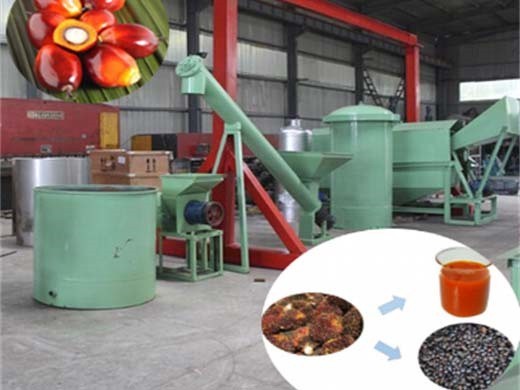
For example, in order to switch from crude oil to natural gas there are technical and network changes that need to occur before the implementation can be complete. Two possible strategies are to first develop the end use technology first or second is to completely change the fuel infrastructure. Use of biomass instead of petroleum
Get Price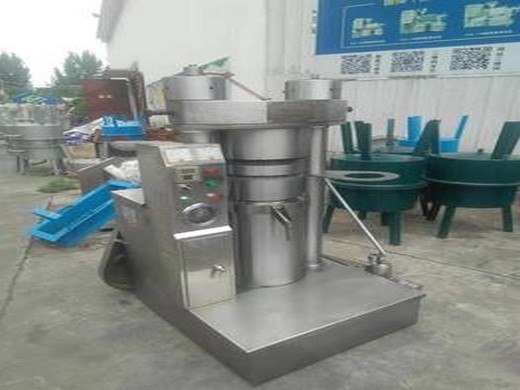
^International Energy Agency Bioenergy Task 42. "Bio-based Chemicals: Value Added Products from Biorefineries Bioenergy" (PDF).Retrieved 2025-02-11. ^ Cherubini, Francesco (July 2017). "The biorefinery concept: Using biomass instead of oil for producing energy and chemicals".
Get Price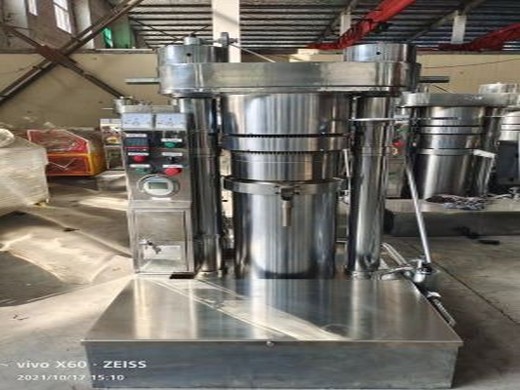
refining is the sustainable processing of biomass into a spectrum of bio-based products (food, feed, chemicals, and biorefinery using wood chips for pulp, paper, turpentine, tall oil, bark, electricity and heat” “2-platform (syngas, electricity&heat) biorefinery different wood based biorefinery concepts
Get Price
Stanford Libraries' official online search tool for books, media, journals, databases, government documents and more.
Get Price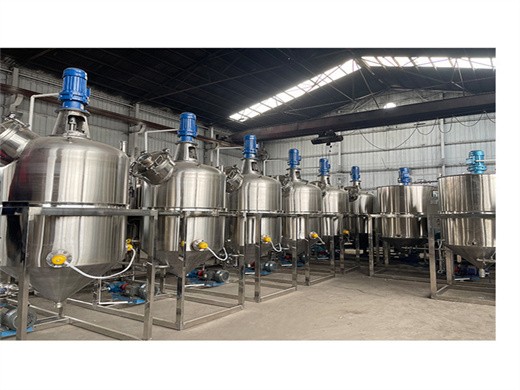
Although biorefinery is an emerging concept, but it holds great potential to consume undesirable wastes and renewable resources for the fabrication of products for human welfare. References Cherubini F (2010) The bio-refinery concept: using biomass instead of oil for producing energy and chemicals.
Get Price
This work deals with an LCA of a biorefinery concept which produces bioethanol, electricity, heat, and phenols from switchgrass, a lignocellulosic crop. According to the classification method for biorefinery systems (Cherubini et al. 2009c), this concept can be labeled: C5/C6 sugars, biogas, lignin/pyrolytic oil biorefinery
Get Price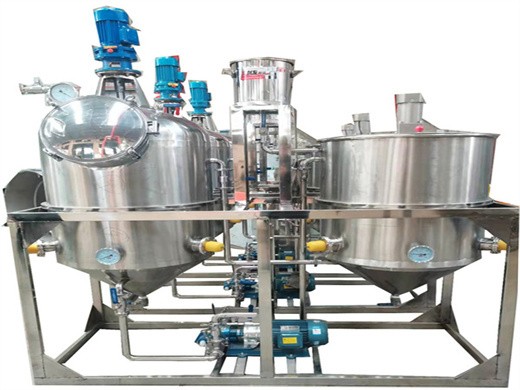
Te concept of sustainably processing biomass into a spectrum of products and bioenergy is thousands of years old. Large‐scale utilization of such processes existed in the 19th century and the term biorefinery first appeared in the late 20th century. This review addresses how different feedstock classes, products, and regions have been described in the scientific literature on the development
Get Price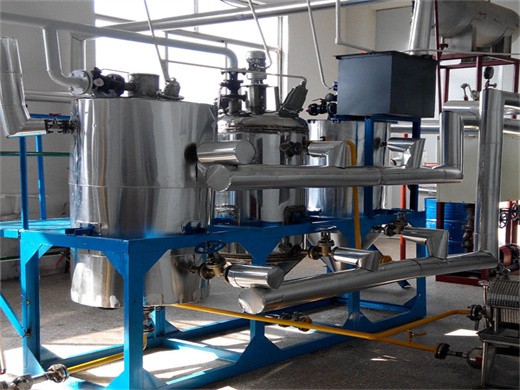
یک پالایشگاه زیستی پالایشگاهی است که زیستتوده را به انرژی و دیگر محصولات جانبی (مانند مواد شیمیایی) تبدیل میکند. آژانس بینالمللی انرژی پالایشِزیستی را بهعنوان "پردازش و فرآوری پایدار زیستتوده به یک طیف از
Get Price
Te concept of sustainably processing biomass into a spectrum of products and bioenergy is thousands of years old. Large‐scale utilization of such processes existed in the 19th century and the term biorefinery first appeared in the late 20th century. This review addresses how different feedstock classes, products, and regions have been described in the scientific literature on the development
Get Price
The first scenario, or base case (BC), was set up as a traditional biodiesel process with crude glycerin as the only co‐product. The second scenario was a biorefinery plant (BR) that builds on the BC by including thermochemical transformations of lignocellulosic biomass into bio‐oil, bio‐char, and heat and power for internal consumption.
Get Price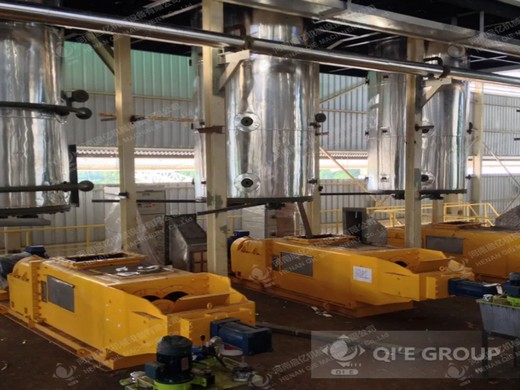
added-value [4]. The biorefinery concept embraces a whole crop approach of biomass conversion pathways leading to a whole portfolio of valuable products, drawing direct similarities to today’s fossil oil refineries, in which multiple fuels, basic chemicals, intermediate products and sophisticated products are produced from petroleum [5,6].
Get Price
of classifying biorefinery concepts and provides an overview of available concepts along with their Oil crops 7-9 Lignocellulosic feedstock biorefineries Lignocellulosic rich biomass: e.g., straw, Current technical barriers for using biomass are mainly associated with the costs of
Get Price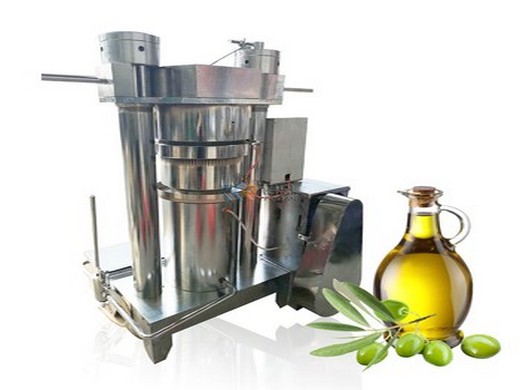
Biorefineries are considered the most complete way for the creation of an industry based on products derived from biological materials or able to enhance the different chemical components of biomass. The concept of biorefinery is analogous to oil refineries but tends to exceed the limit of a purely energetic crop destination, proposing the use
Get Price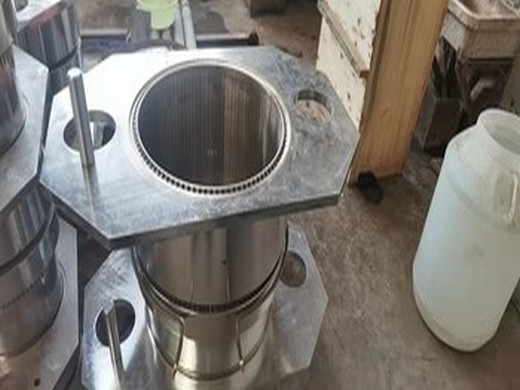
Therefore, it is very much likely that the lignin or lignocellulosic biomass based chemicals, polymers and fuels will be a distinct reality in the near futur. References. Francesco Cherubini., The biorefinery concept: Using biomass instead of oil for producing energy and chemicals.
Get Price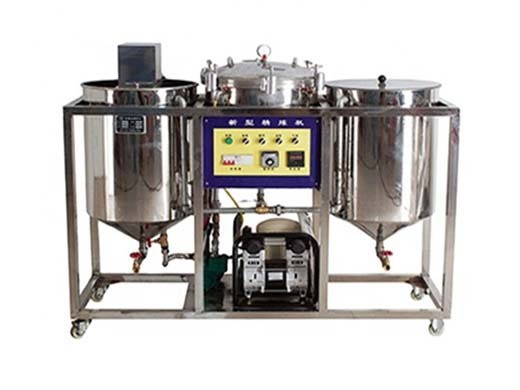
3 in order to simultaneously reduce the dependence on oil and mitigate climate change. 4 Biomass is probably the only viable alternative to fossil resources for production of 8 biorefinery concept includes different technologies able to convert biomass to added in by using all biomass
Get Price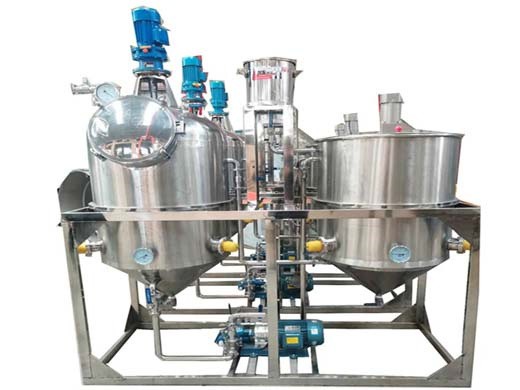
refinery is an emerging concept, but it holds great potential to consume undesirable wastes and renewable resources for the fabrication of products for human welfare. References 1. Cherubini F (2010) The bio-refinery concept: using biomass instead of oil for producing energy and chemicals. Energy Conversion Management 51: 1412-1421. 2.
Get Price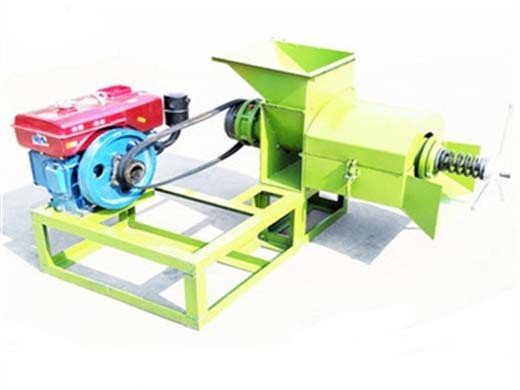
ExCo71 Doc 08.10 1 P a g e TASK 42 Biorefineries: Co-production of Fuels, Chemicals, Power and Materials from Biomass A C6 sugars, C5 sugars and lignin biorefinery for bioethanol and animal feed from Arundo Donax, miscanthus, switchgrass,
Get Price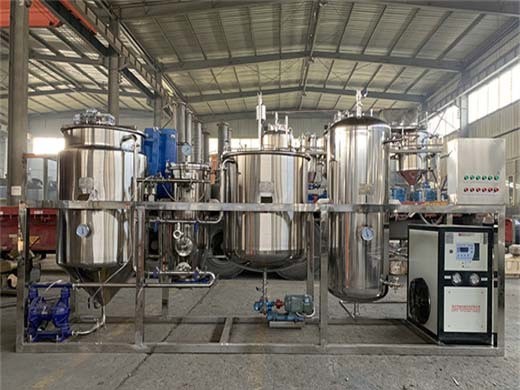
Read "Coupled production of single cell oil as biodiesel feedstock, xylitol and xylanase from sugarcane bagasse in a biorefinery concept using fungi from the tropical mangrove wetlands, Bioresource Technology" on DeepDyve, the largest online rental service for scholarly research with thousands of academic publications available at your fingertips.
Get Price